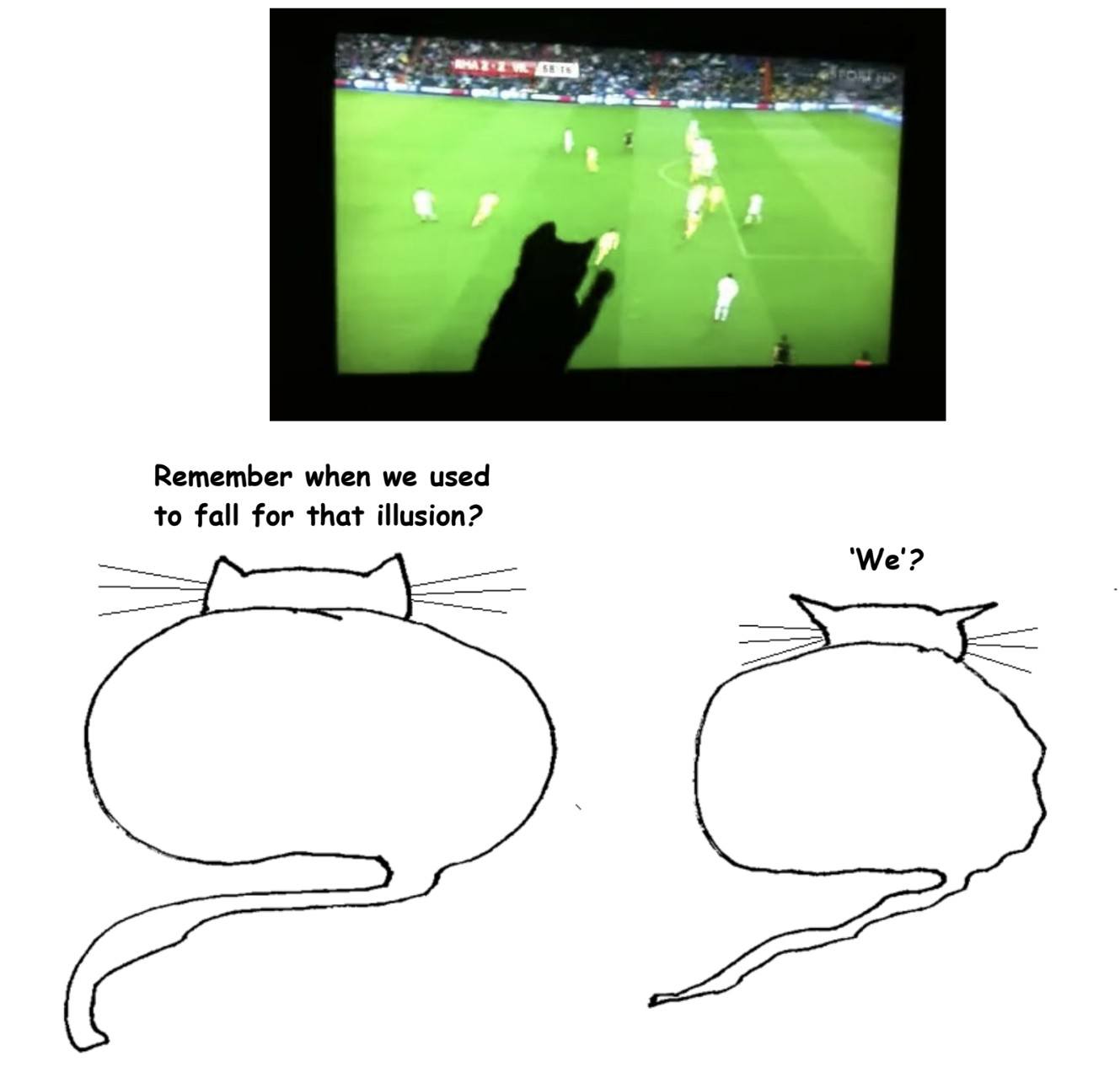by Paul Braterman

In 1954, at the height of the McCarthyite Red Scare, the anti-evolution preacher John R. Rice asked his audience to whom Marx had dedicated The Communist Manifesto. The answer, he shouted out, was Charles Darwin. It is doubtful whether Marx had even heard of Darwin when he and Engels wrote the Manifesto in 1848, but that is the least of Rice’s errors.
 Carl Weinberg, in his excellent Red Dynamite, an overview of the deep links between evolution denial and right-wing politics in America, points out that Rice had the wrong book; he should have been referring to Das Kapital. But as we now know, even if he had been he would still have been wrong. Wrong book, wrong date, wrong author, wrong about Darwin’s response to the request to dedicate.
Carl Weinberg, in his excellent Red Dynamite, an overview of the deep links between evolution denial and right-wing politics in America, points out that Rice had the wrong book; he should have been referring to Das Kapital. But as we now know, even if he had been he would still have been wrong. Wrong book, wrong date, wrong author, wrong about Darwin’s response to the request to dedicate.
The matter is well summarised by Richard Carter, reporting in The Friends of Charles Darwin on a paper by Margaret Fay in The Journal of the History of Ideas. The same conclusions had been reached, independently, by Lewis Feuer, and Fay’s paper has a long discussion regarding their relative priority, and describing differences of interpretation between them. As for the belief that Marx had wished to dedicate Das Kapital to Darwin, Fay traces this to Isaiah Berlin, probably misunderstanding what Darwin actually did say in a letter to Marx. Read more »

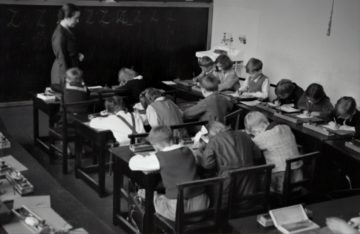
 Loriel Beltran. P.S.W. 2007-2017
Loriel Beltran. P.S.W. 2007-2017 

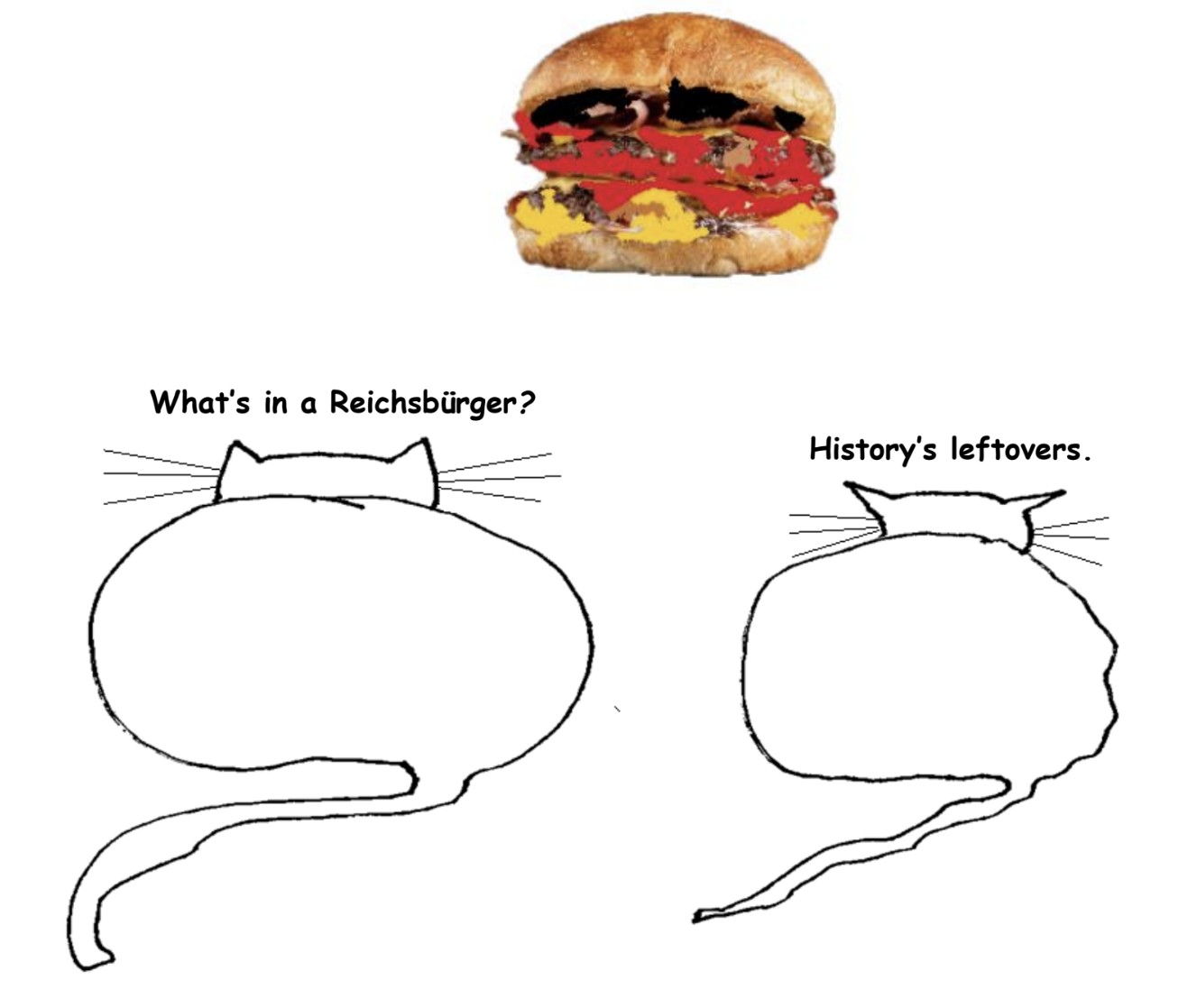



 It’s 6:15 on the Erakor Lagoon in Vanuatu. Women in bright print skirts paddle canoes from villages into town. Yellow-billed birds call from the grass by the water’s edge, roosters crow from somewhere, and the low rumble of the surf hurling itself against the reef is felt as much as heard.
It’s 6:15 on the Erakor Lagoon in Vanuatu. Women in bright print skirts paddle canoes from villages into town. Yellow-billed birds call from the grass by the water’s edge, roosters crow from somewhere, and the low rumble of the surf hurling itself against the reef is felt as much as heard.
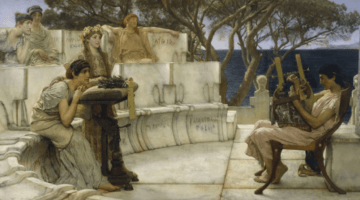
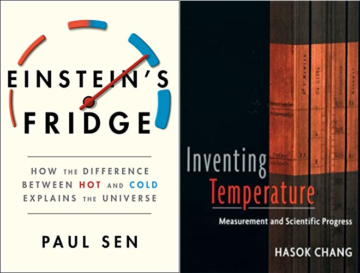


 It’s not so much that I’m like my father. Rather, I sometimes feel as I understood him to be.
It’s not so much that I’m like my father. Rather, I sometimes feel as I understood him to be.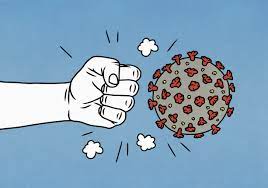 The anger that escalated at a recent Ottawa-Carlton school board meeting when a trustee proposed and lost a motion to mandate masks, in a setting that typically elicits polite discussion, makes it seem like this type of anger is new and shocking in its inappropriateness. But this
The anger that escalated at a recent Ottawa-Carlton school board meeting when a trustee proposed and lost a motion to mandate masks, in a setting that typically elicits polite discussion, makes it seem like this type of anger is new and shocking in its inappropriateness. But this 